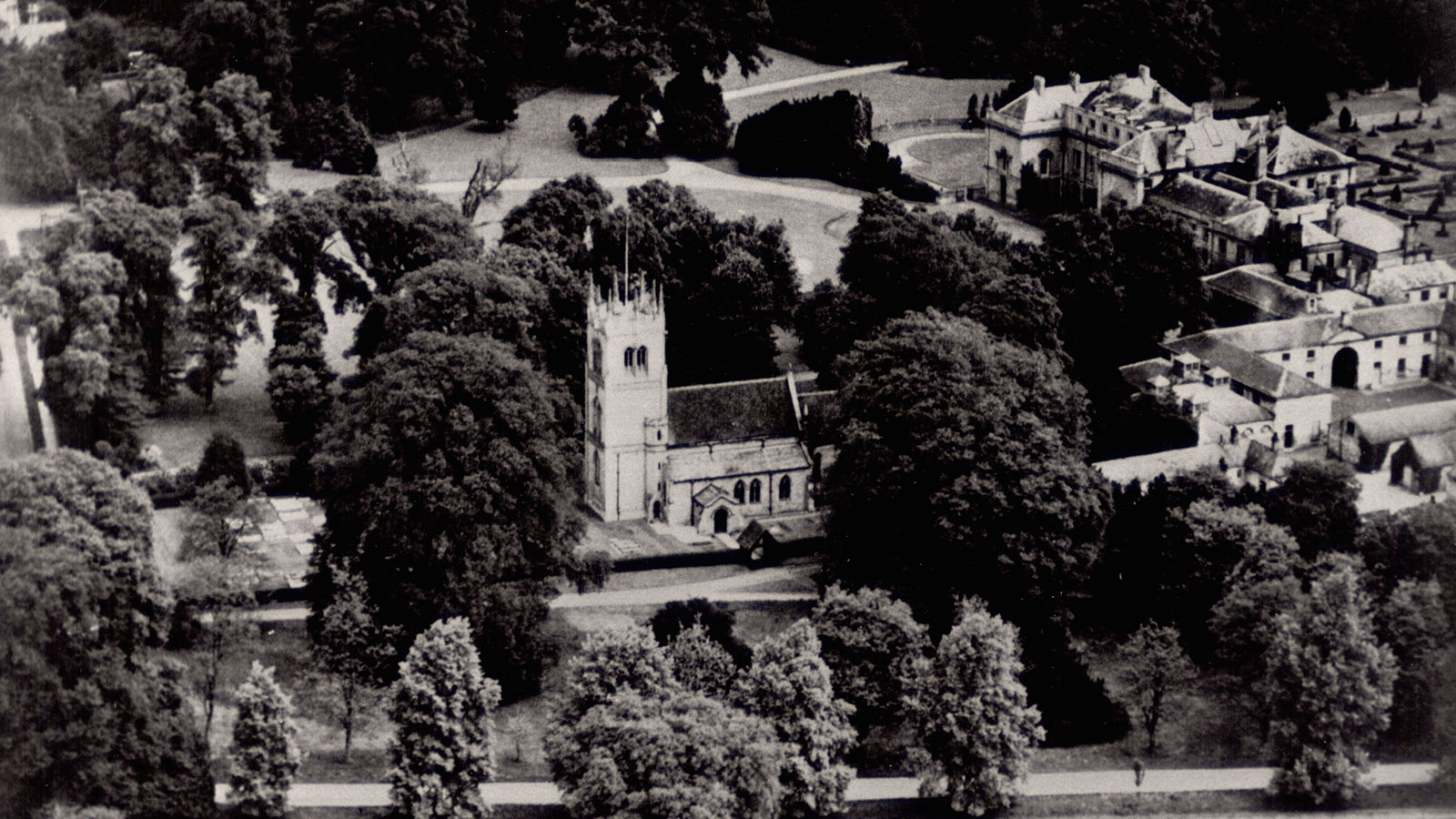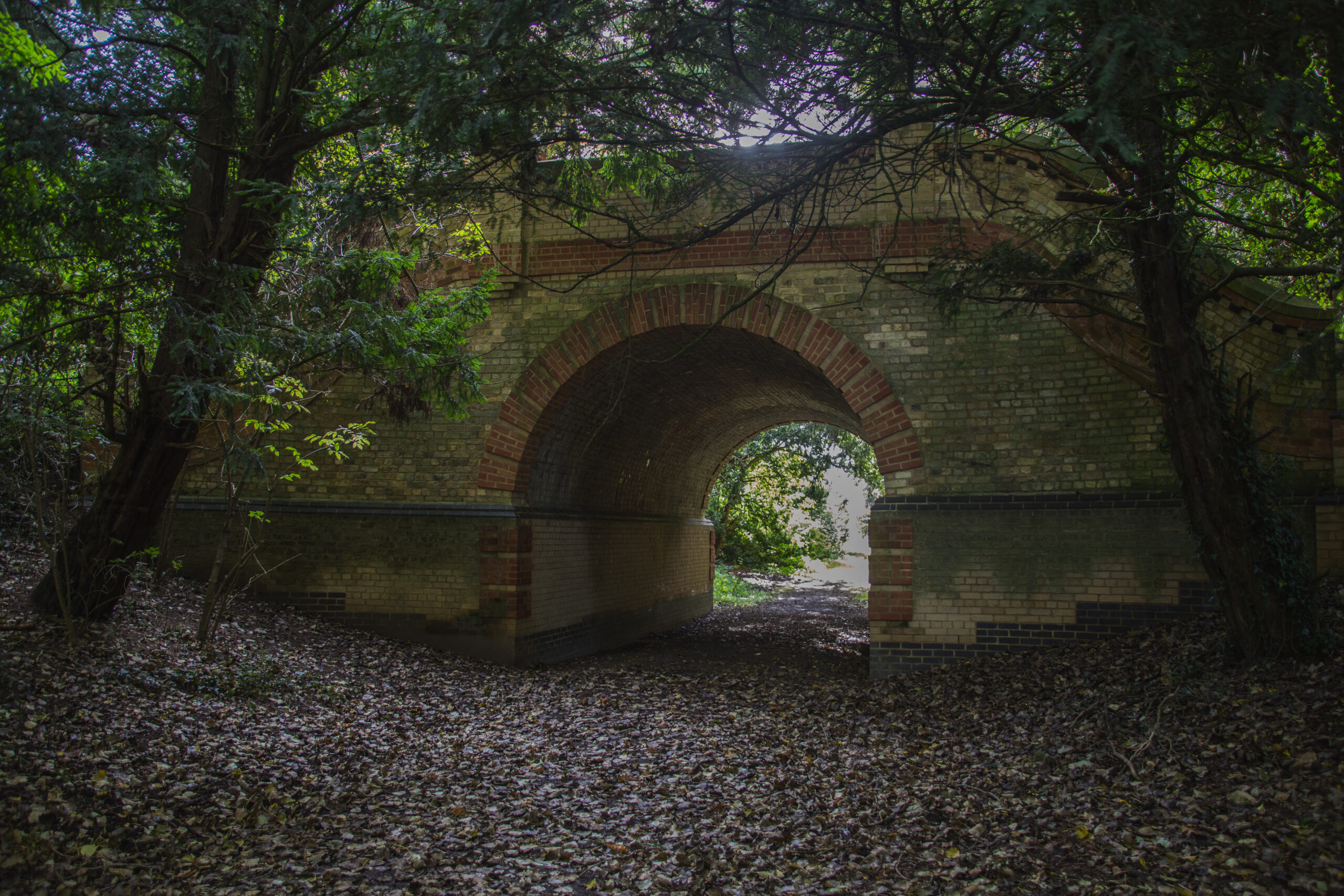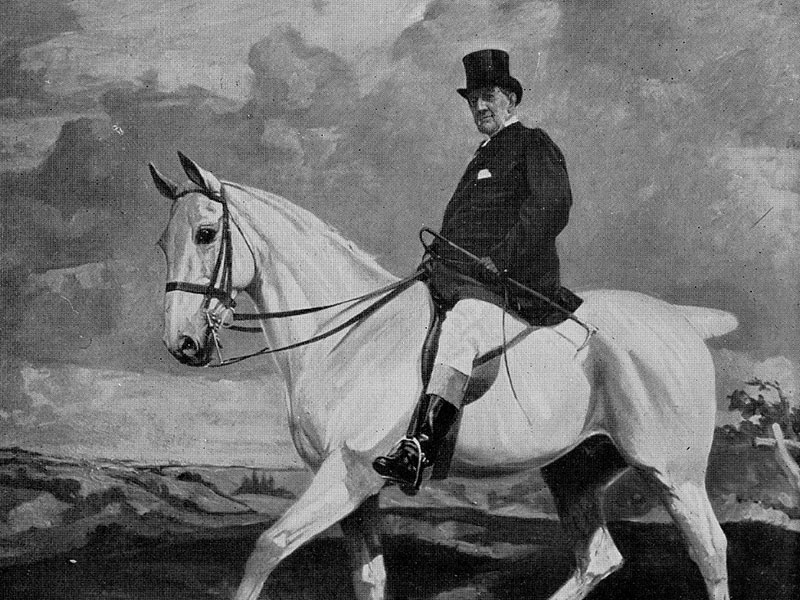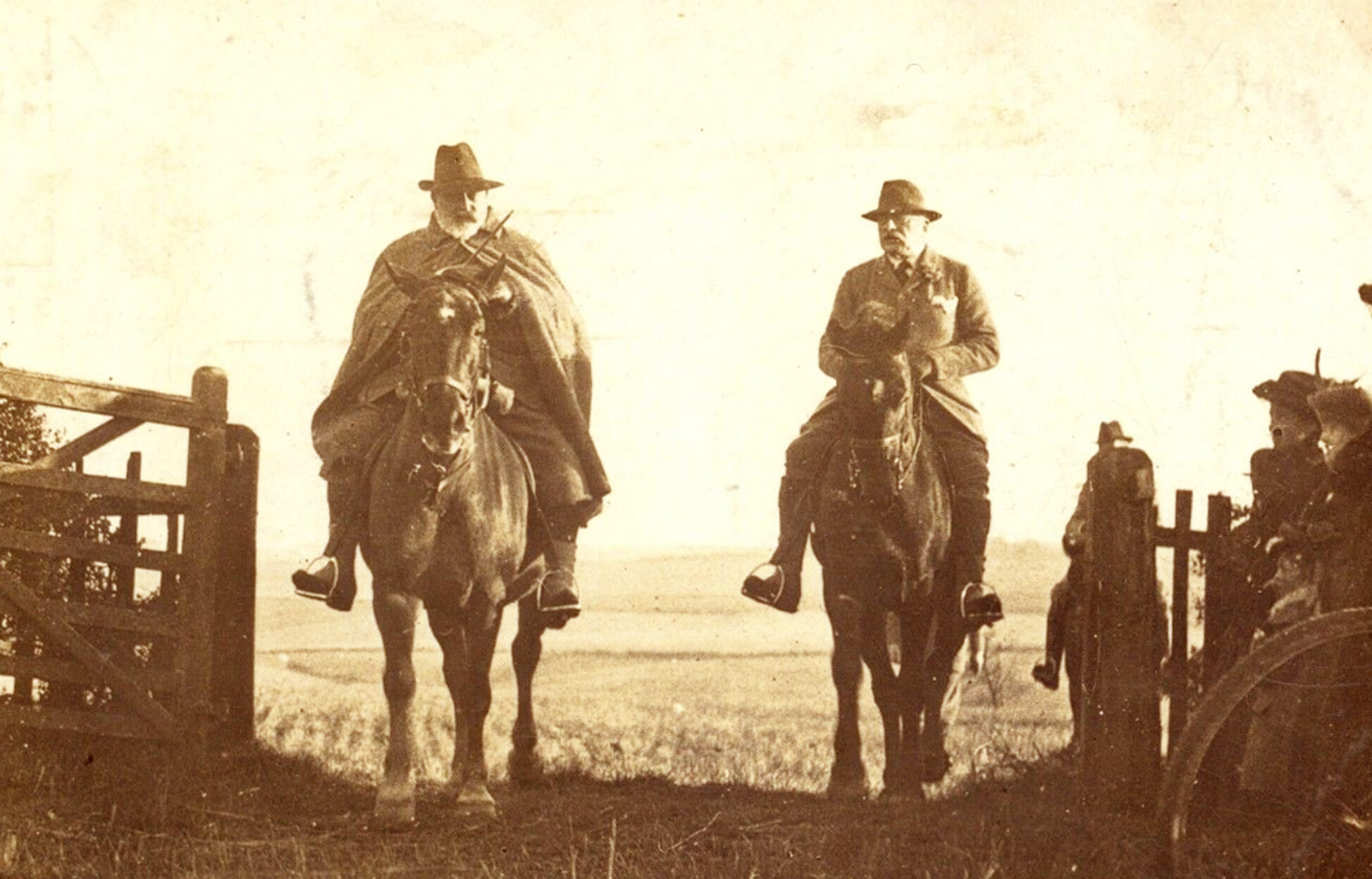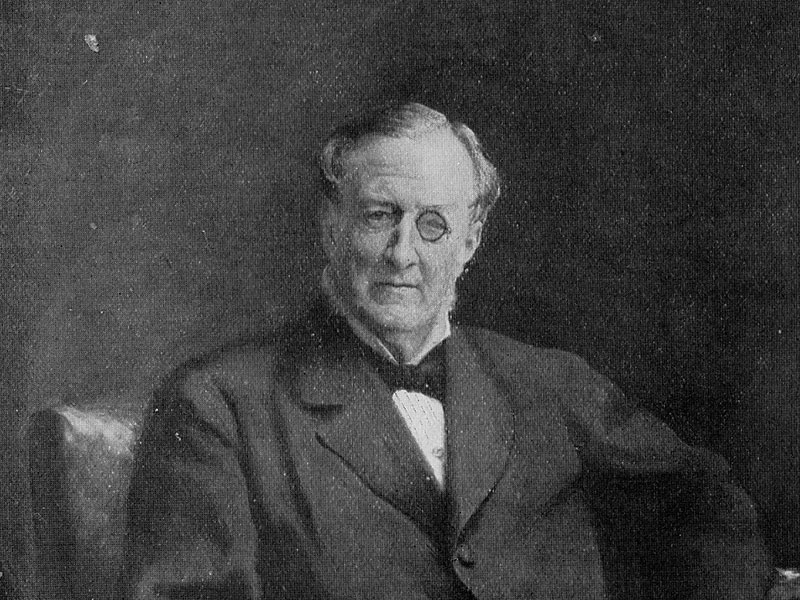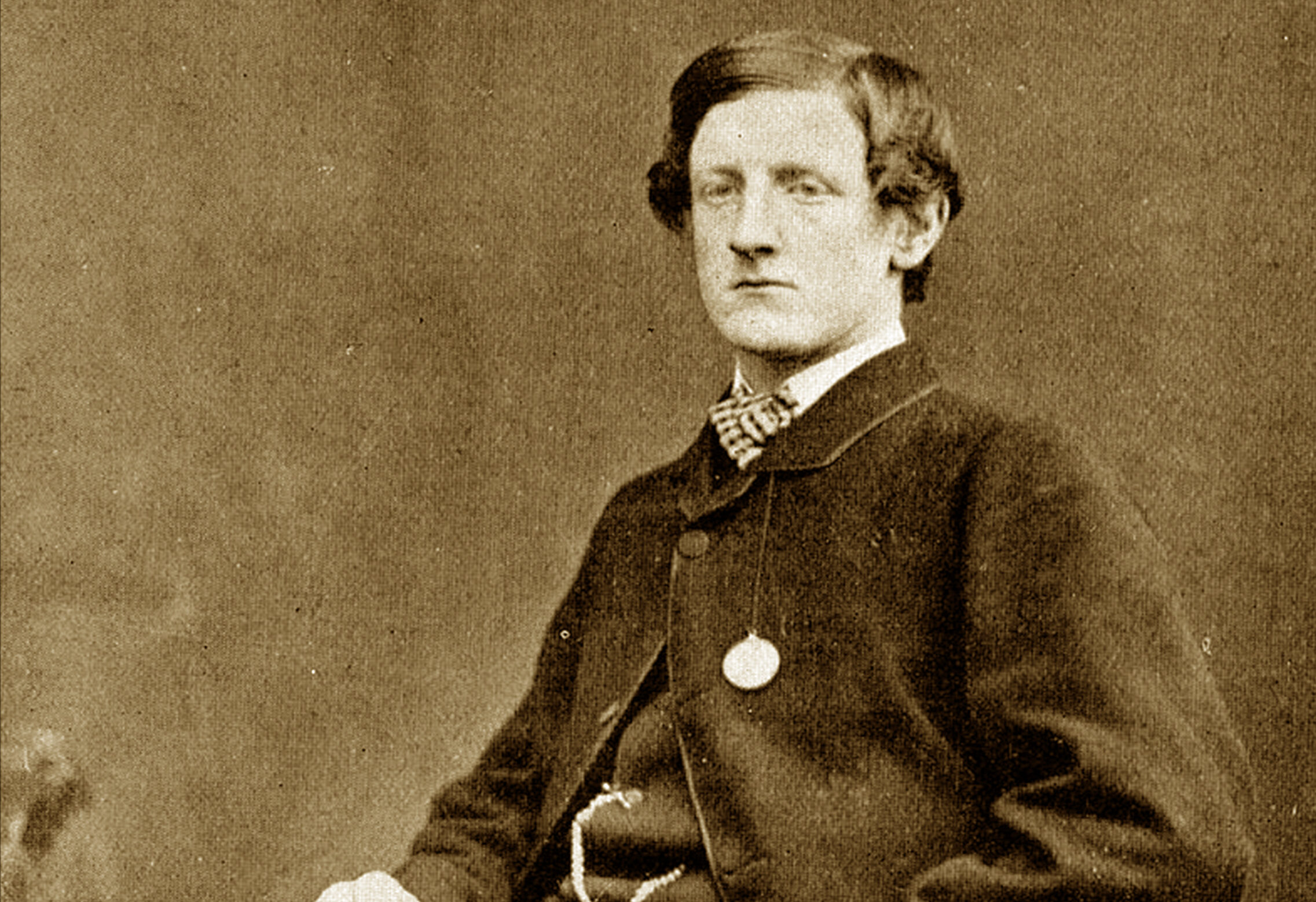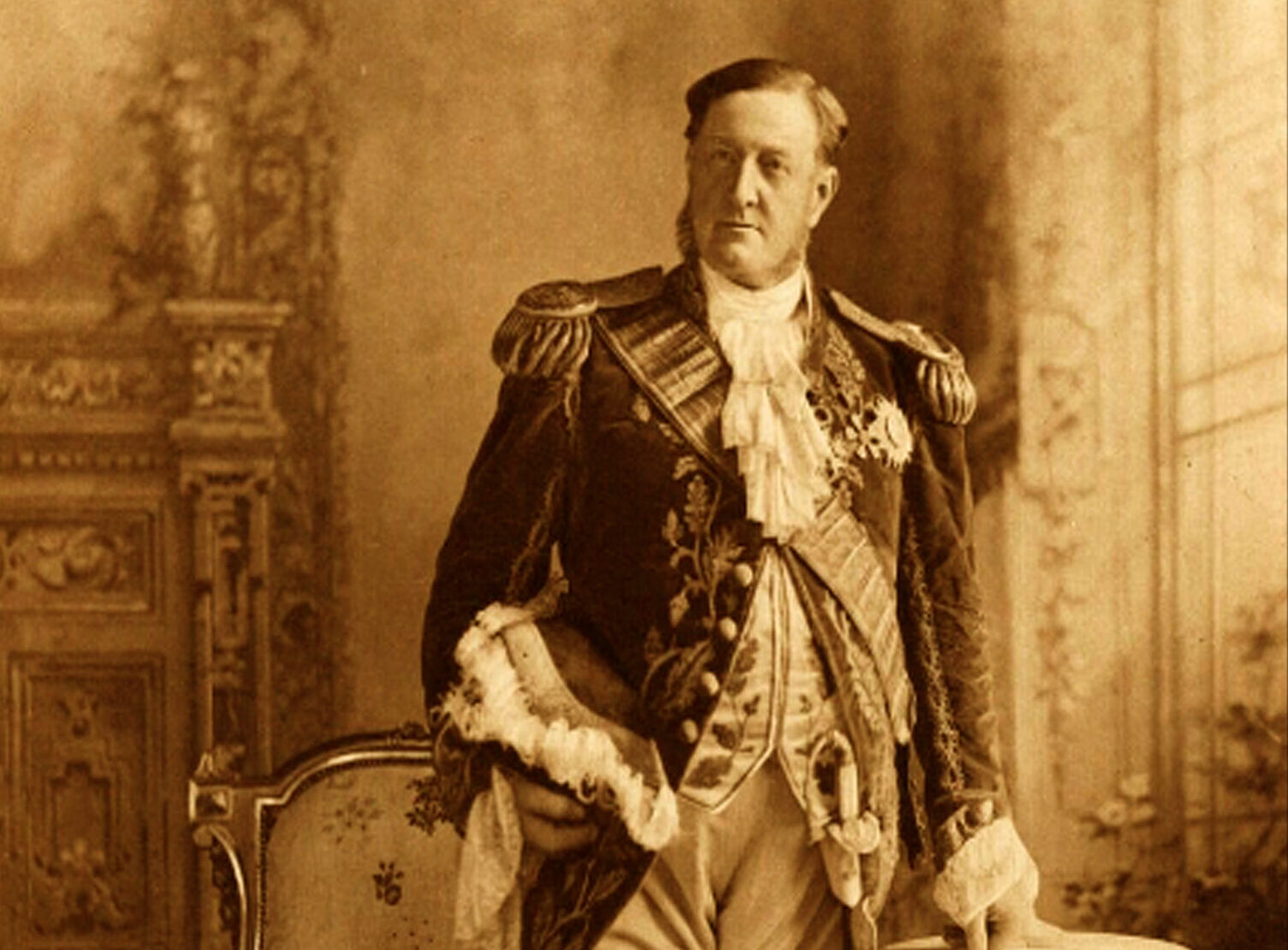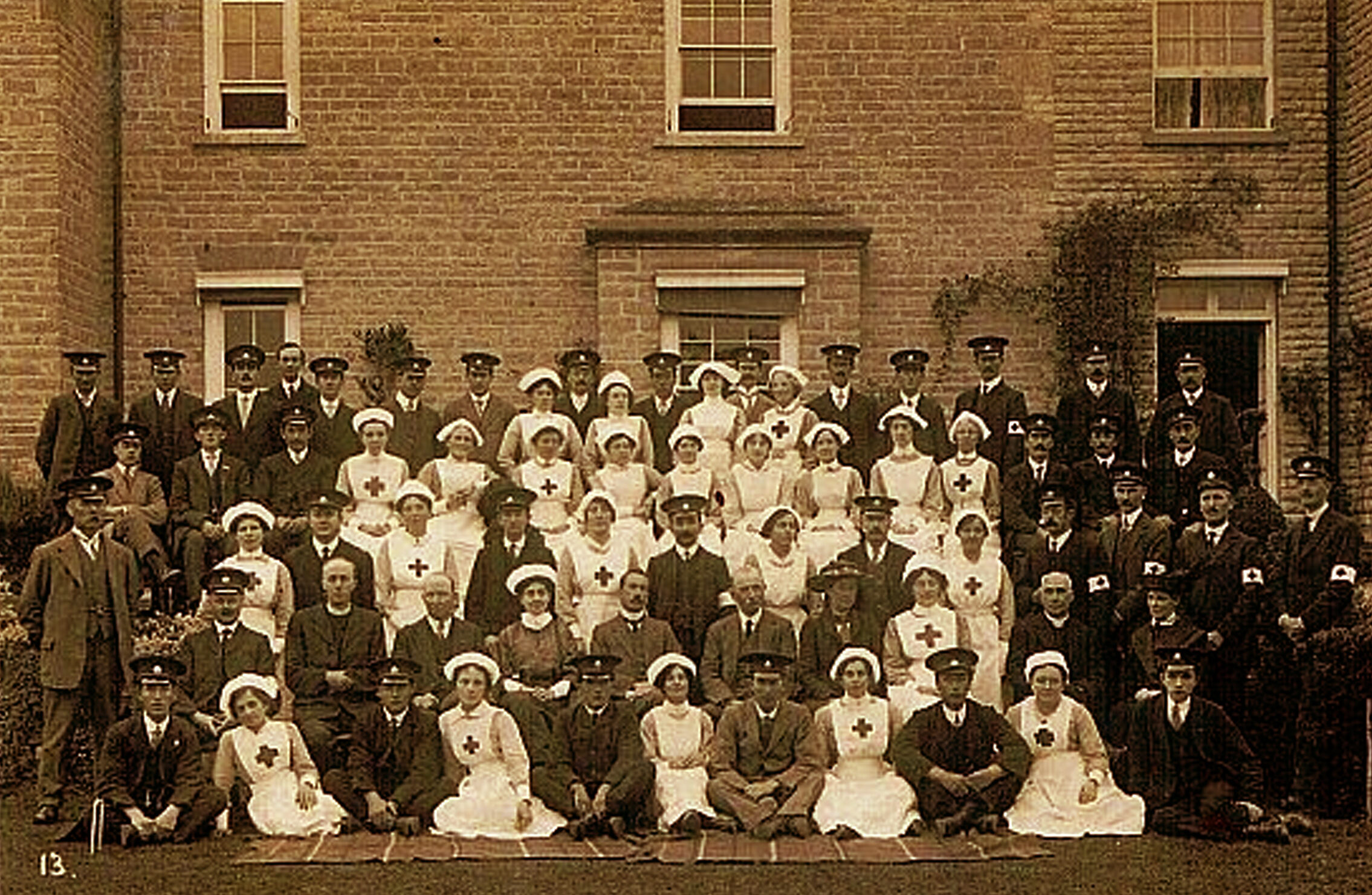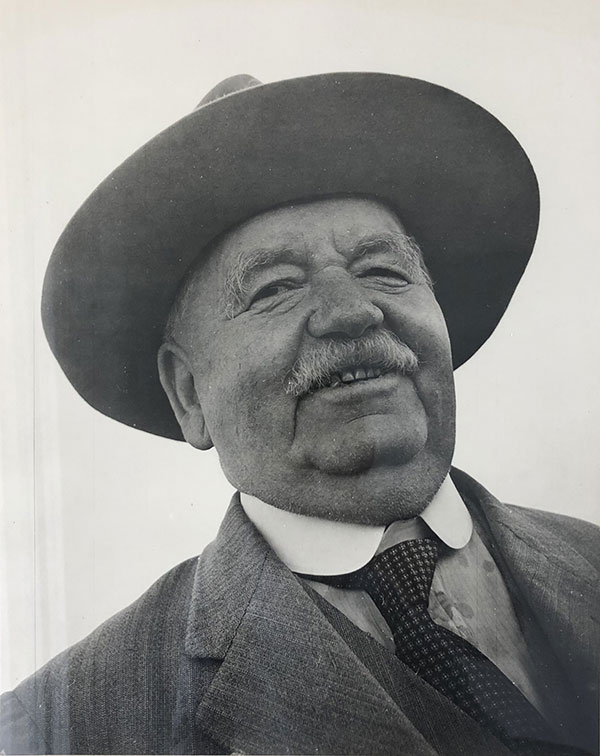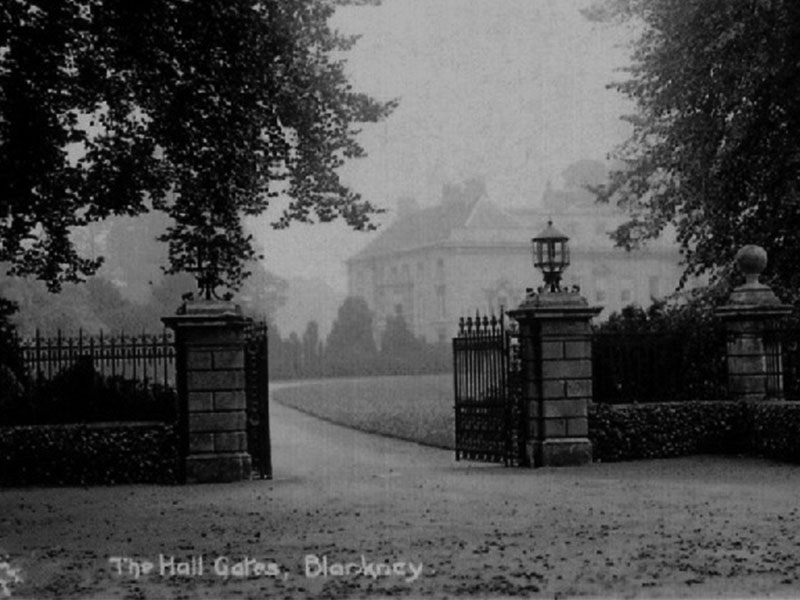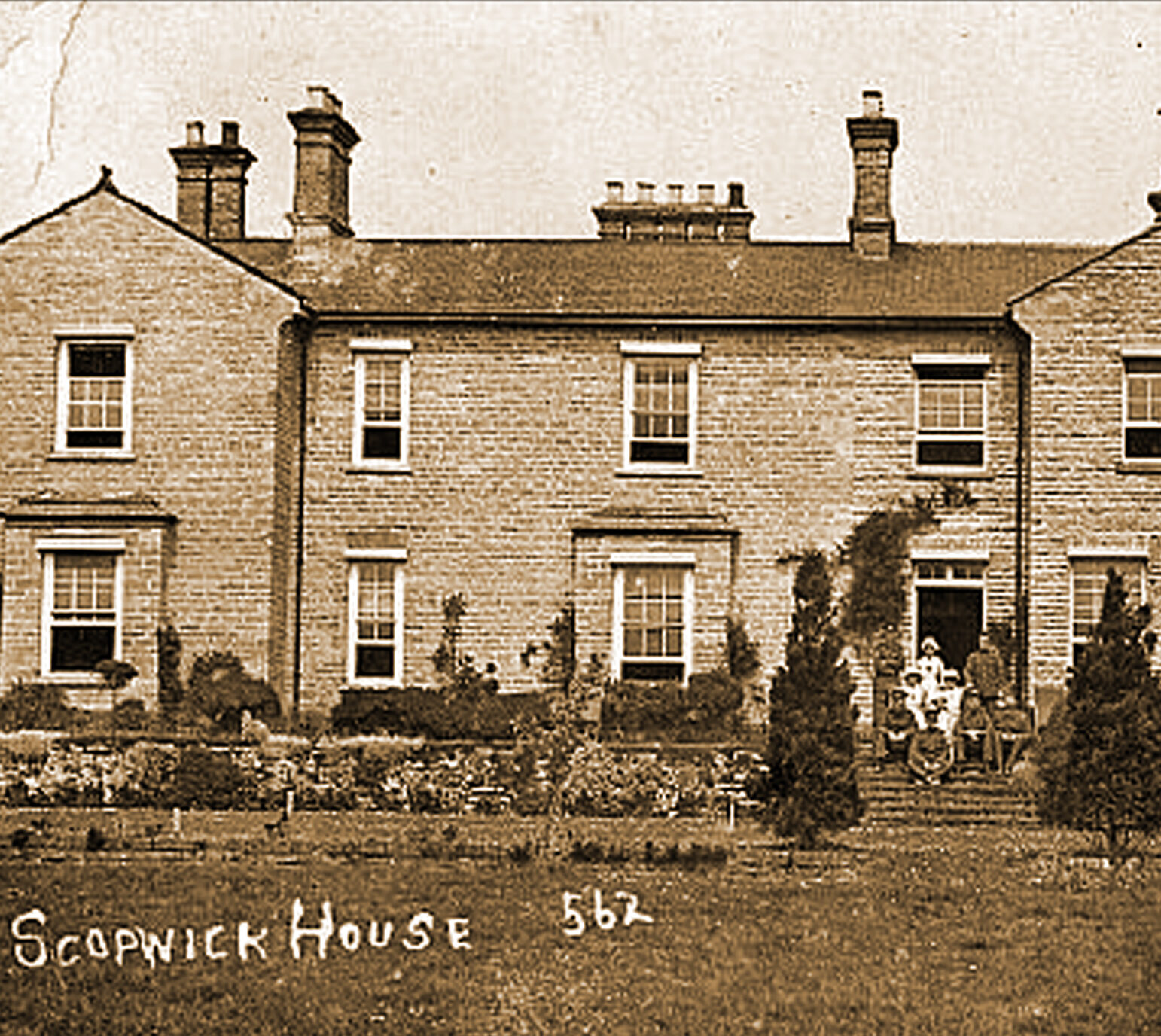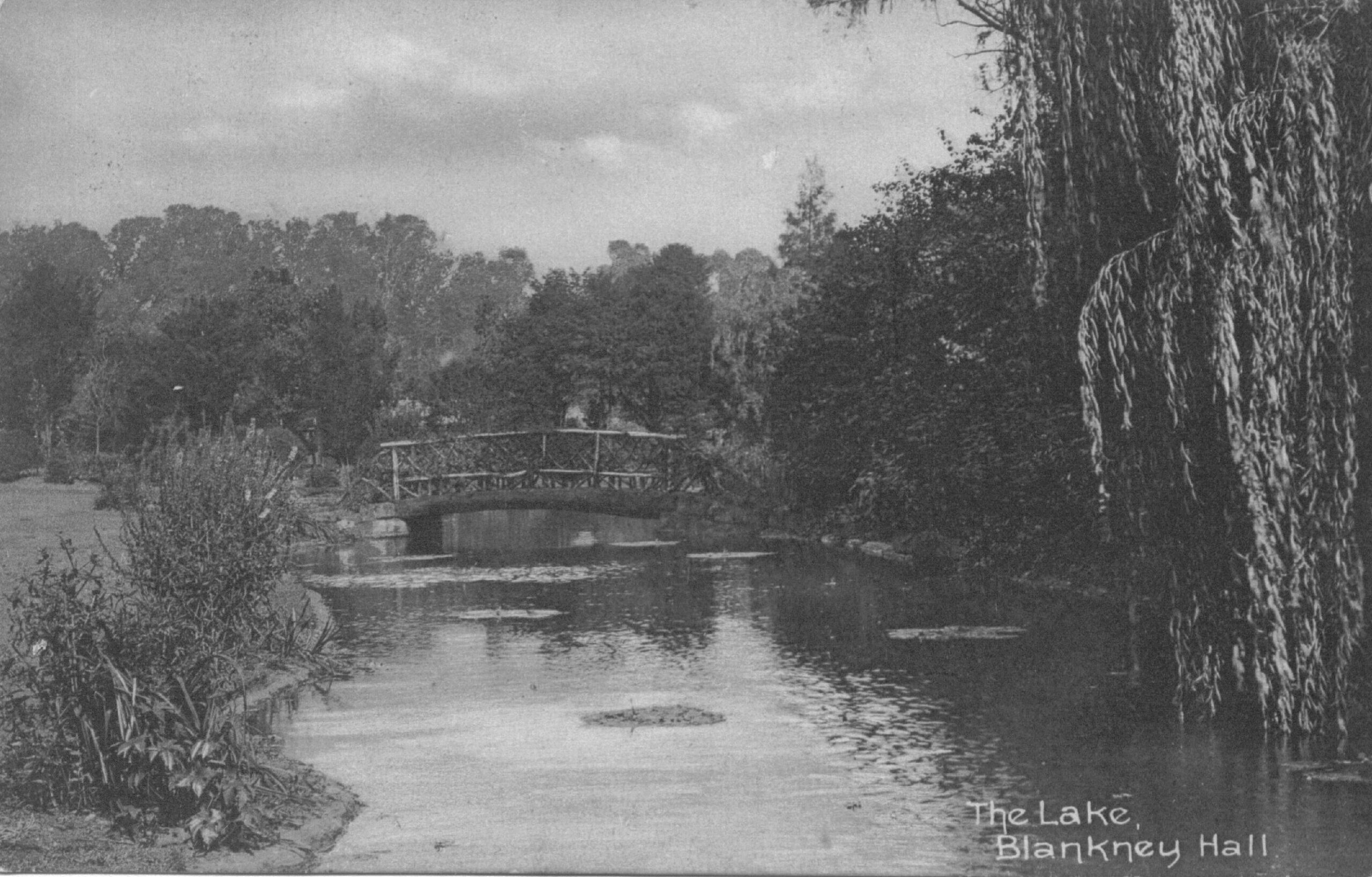A Country Estate Steeped in History
Blankney Hall was the focal point of the Estate...
A magnificent Palladian country house, the Hall was built by the Chaplin Family to act as the family seat for their Lincolnshire estates and was renowned as being one of the “grandest houses” in Lincolnshire during the nineteenth century; – in fact, it was so grand that His Royal Highness, The Prince of Wales (later King Edward VII) would visit the house as a frequent guest of Henry Chaplin Esq. The house acted as a discreet getaway for the Prince, where he could partake in field sports and enjoy leisure time, without prying eyes…
Such were the steps taken to get His Royal Highness to the house in the first place… Henry Chaplin arranged, in 1884, the construction of a private carriageway from nearby Metheringham Railway Station, through wooded areas of the Estate – all the way to the Hall; the idea being that it provided a discreet entrance into the Hall grounds, for Chaplin’s esteemed friends and guests.
The private road itself still exists, albeit covered up now by woodland and shrubbery – however, part of it is still accessible, the aptly named ‘Hump-Back Bridge’ – which is still in use today.

An American Civil War Connection
Henry Chaplin became good friends with the Prince of Wales whilst they were studying at Oxford University – both of them had a passion for foxhunting and a dislike of academic study! They remained lifelong friends, with The Prince often visiting Blankney and Chaplin often a guest of the Prince’s at events like Royal Ascot.
Through Henry Chaplin, Blankney also has a connection to the United States of America.
Five days prior to the American Civil War in 1861, Chaplin travelled to New York and was present to witness the ‘First Battle of Bull Run’ – the first major battle of the Civil War. Whilst in America, Chaplin was introduced to Ulysses S. Grant, the distinguished General of Abraham Lincoln’s armies. General Grant took an immediate liking to Chaplin and gifted him a pony – which Chaplin promptly had shipped back to England, to be stabled in Blankney.
General Ulysses S. Grant later became the 18th President of the United States.
Fate would have it that Henry Chaplin would be the last of his family to reside at Blankney Hall. Chaplin was known to live quite an extravagant lifestyle – one that would certainly have befitted the position of a considerable landowner and politician; in 1892 he was unfortunately crippled by his debts – primarily caused by the downturn in farming and rental income, forcing him to sell the Blankney Estate to his principal mortgagee, William Denison, 1st Earl of Londesborough.
Henry Chaplin lived the remainder of his life in London and, despite losing the Estate, was raised to peerage in 1916, becoming Viscount Chaplin of St Oswald’s, Blankney.
The Viscount Chaplin died on 23rd May 1923 and was buried in the churchyard of St Oswald’s Church in Blankney.

The Arrival of the Parker Family
The Lord Londesborough, and his successors, continued to run the Estate much in a similar way to Henry Chaplin and is fondly remembered as the founder of Blankney Golf Club, transforming Blankney Park into a 9-hole golf course. It is widely accepted that the course, at this point in time, was created for the sole purpose of Lord Londesborough and his guests’ entertainment, but in 1904, was opened to paying members and residents of the Estate.
The overall tenure of the Londesborough family as custodians of Blankney was to be short lived.
The Earl of Londesborough and his three immediate successors all died within 40 years of each other, causing the family to follow a similar fate as the Chaplins, where they were crippled financially.
The Londesboroughs subsequently sold the Estate in 1938 to William (Billy) Parker.

The Single Largest Farmer in England
During his custodianship of Blankney, Billy Parker was acknowledged as the single largest farmer in England, farming over 32,000 acres across his Lincolnshire, Norfolk, Leicestershire and Essex estates.
Just one year after the Parker Family purchased Blankney, the Second World War began.
Lincolnshire and its population played an instrumental role in supporting the Royal Air Force during the War and the village of Blankney was no exception, with Blankney Hall being requisitioned by the Ministry of Defence for use by the RAF and the SOE (Special Operations Executive).
Scopwick House – a large house on the Estate – was also requisitioned, serving as an RAF Hospital to the local airfield, RAF Digby. The airfield, which is surrounded by the Estate, played a significant role during the War, hosting Spitfire fighter planes and their pilots.

An Estate With a Storied Legacy
After Billy Parker died, ownership of the Blankney Estate was passed to two of his sons – Eric & Jim.
Jim did not have any children, so upon his death, his ownership in the Estate passed to his brother Eric. Eric subsequently passed the running of the Estate to his two sons, Richard and Michael, both of whom are still involved in the business today.
Throughout its history the Blankney Estate has cultivated a storied legacy and has tried to exemplify a fusion of traditional ideals, with modern, sustainable and progressive practices. The Estate is totally committed to supporting its staff and the general fabric of the Estate.
It is in this spirit that the Parker Family continue to manage Blankney.
